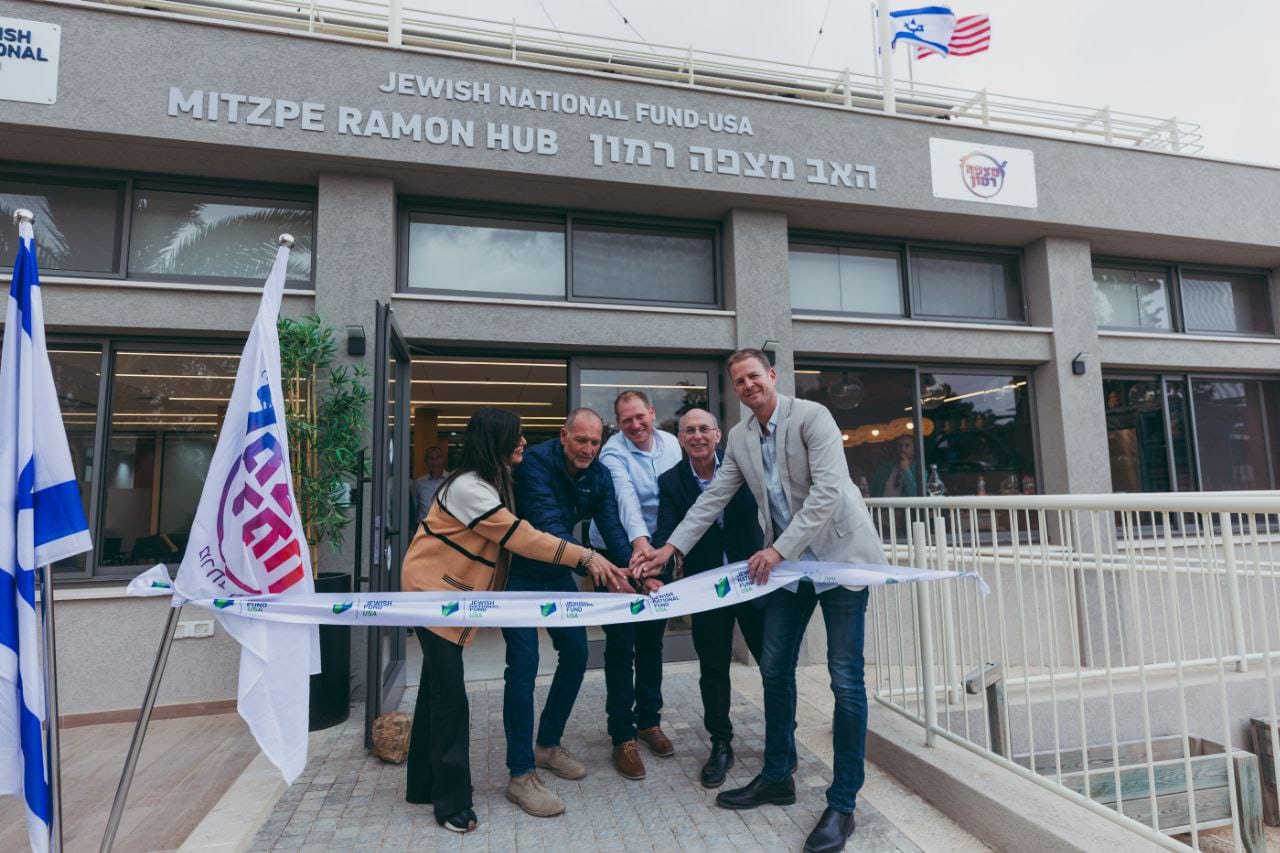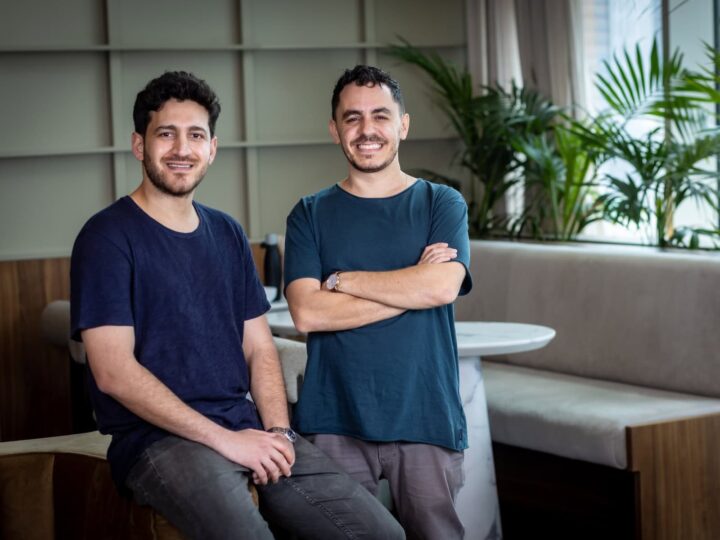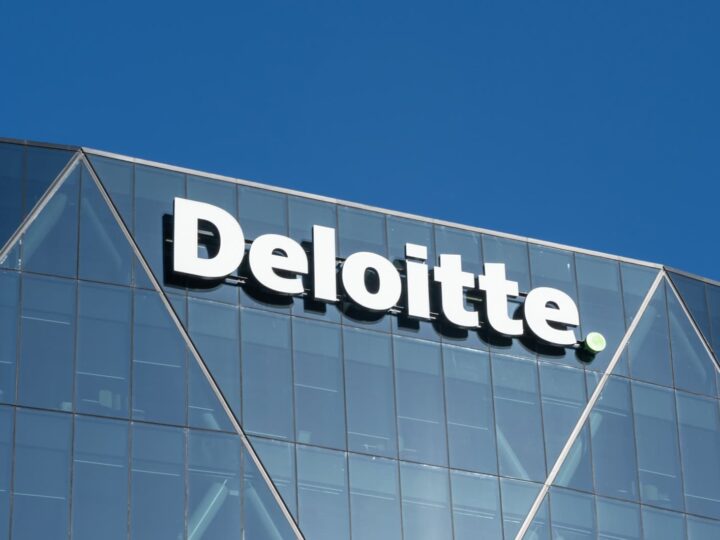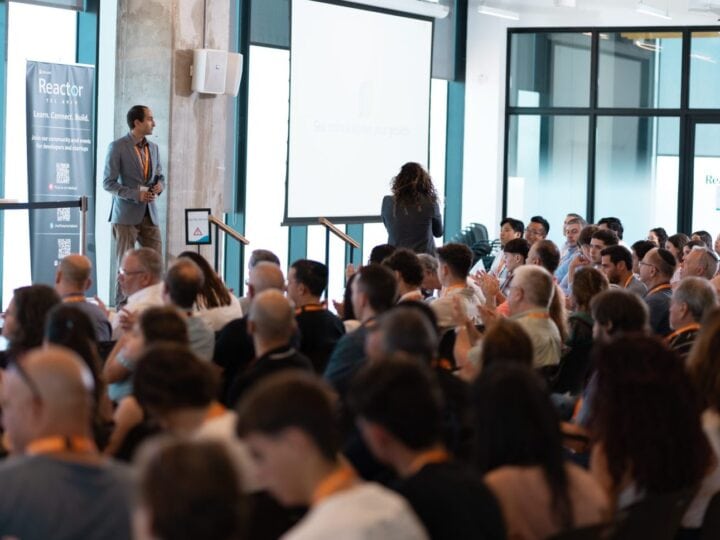The small local council of Mitzpeh Ramon, located deep in Israel’s south, on the surface appears no different than dozens of other similar towns in the Negev Desert.
However, unlike other communities in the area, it sits atop an 860-meter ridge overlooking a geological wonder: the world’s largest erosion crater, known as the Ramon Crater (Makhtesh Ramon in Hebrew).
Over the past few years the town has been attracting more and more tourists. The luxury Beresheet Hotel, built right on the edge of the crater, opened in 2011 and has become a favorite marriage proposal spot among Israelis.
The one thing Mizpeh Ramon does have in common with the other towns in the area is a lack of job opportunities and a relatively low socio-economic status.
Not another Eilat
Tourism alone is not enough to sustain a growing community. The municipality’s goal is to double the number of residents from 5,000 to 10,000 in the near future.
“We don’t want to be like Eilat; it’s not healthy,” Asaf Axelrod, who manages Mitzpeh Ramon’s only youth center, HaMinsara, tells ISRAEL21c.
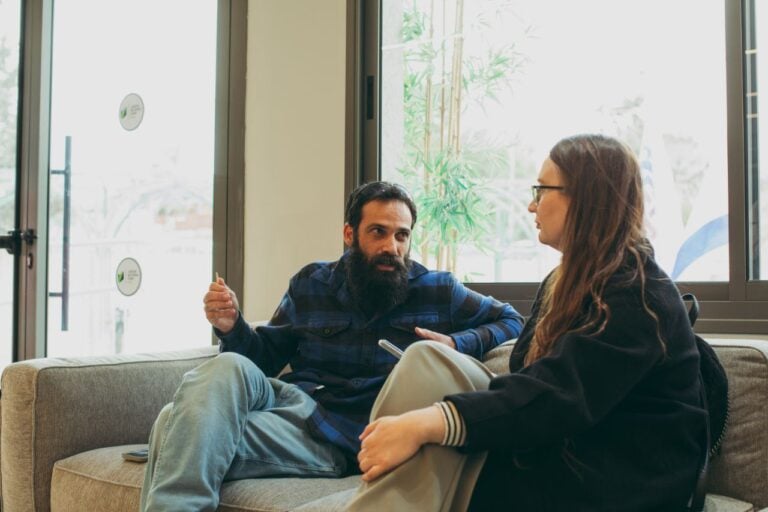
I spoke with Axelrod at the opening of the Mitzpeh Ramon Innovation Hub, built with the help from Jewish National Fund (JNF)-USA. “There’s nothing else like it here,” Axelrod notes.
Axelrod, who has lived in Mitzpeh Ramon for five years, took the time from his reserve duty service to attend the inauguration of the hub.
“Tourism doesn’t have enough quality positions to attract quality people,” adds Oren Hefetz, the head of business development at JNF-USA.
“We understood six, seven years ago that [Mitzpeh Ramon] needs an ecosystem that’s beyond tourism, one that speaks the language of technology,” he notes.
First office building
It took JNF and the municipality five years to complete the Innovation Hub. It is intended to attract potential startups and tech companies wishing to branch out. But, essentially, it is Mitzpeh Ramon’s first office building.
Since its grand opening in mid-March, the hub has welcomed space startup Creation Space, which last year raised $1 million from US-based investment fund CreationsVC.
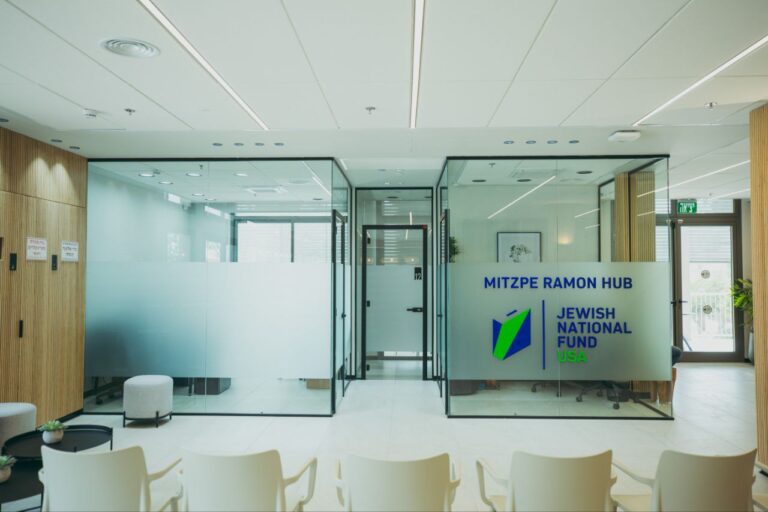
Hefetz points at a guy wearing a kippah and a black sweater. “He also took up an office here,” he says.
The man turned out to be 29-year-old Erel Shachor, an engineer at Intel.
“I came to Mitzpeh with my wife and kids five years ago. We never planned on staying here for a long period of time and came close to leaving a few times,” he explains.
But then, Shachor found a job at Intel’s offices in Beersheva that allowed him to work remotely.
Shachor says that since infrastructure at the mostly outdated residential buildings in the town is not ideal, the hub offered him an opportunity to work at an actual office without having to make the one-hour drive in each direction to Beersheva every day.
Helping evacuees
After the October 7 attacks, over 3,000 Israelis, displaced by the war in Gaza, were moved by the government into Mitzpeh Ramon.
“We actually rushed the opening of the hub in order to assist the evacuees,” says Hefetz.
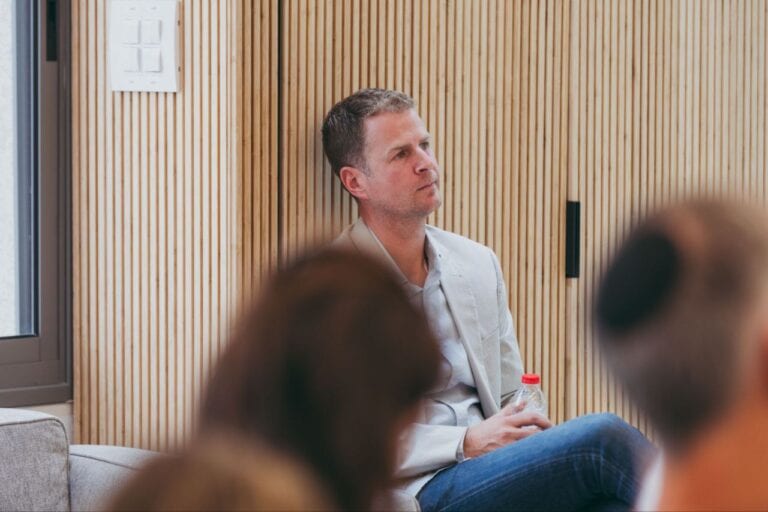
“They want to go back to work and the hub allows them to come in, take one of the offices for the day and work without having to leave, or traveling cross country to their workplace.”
The majority of the evacuees have left over the past six months, but a few hundred decided to remain in Mitzpeh Ramon indefinitely.
In the beginning…
It is quite ironic that the opening of the hub was staged so close to this year’s Passover.
Just like the ancient Israelites spent 40 years wandering in the desert before reaching the Promised Land, Mitzpeh Ramon spent 40 years with practically zero building projects, until the Beresheet Hotel gave entrepreneurs an incentive. (“Beresheet” means “in the beginning,” the first word in the Book of Genesis.)
Now, there are new hotels under construction and several real-estate projects that include hundreds of future residential houses and apartment buildings.
“Everything is sold out,” says Hefetz.
Axelrod notes that only five or six years ago, many of the existing apartments and properties were vacant. “It’s not a thing anymore,” he adds.
JNF-USA’s next project in Mitzpeh Ramon is a convention center, set to be built near the hub.
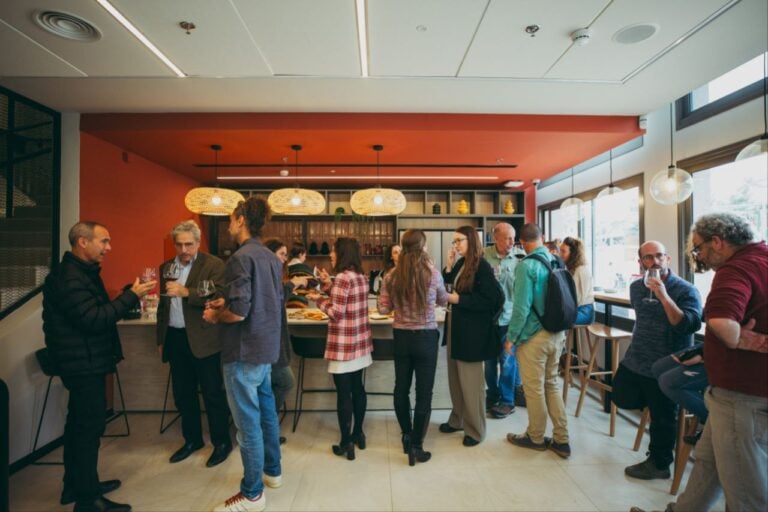
“Together, they will offer opportunities for companies and organizations that want to, for example, stage a conference or retreat here,” Hefetz says.
Yet he remains realistic. “We want to give economic incentives to young companies to come here, to try it out.
“I don’t expect Microsoft to move their offices [to Mitzpeh Ramon] anytime soon.”




